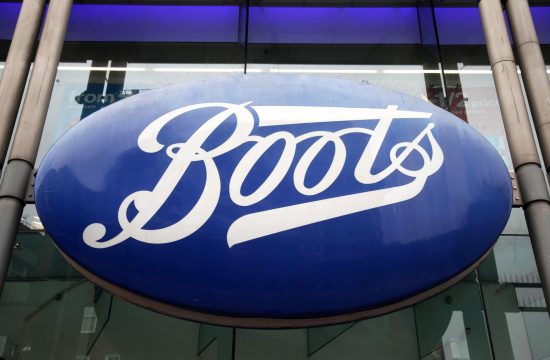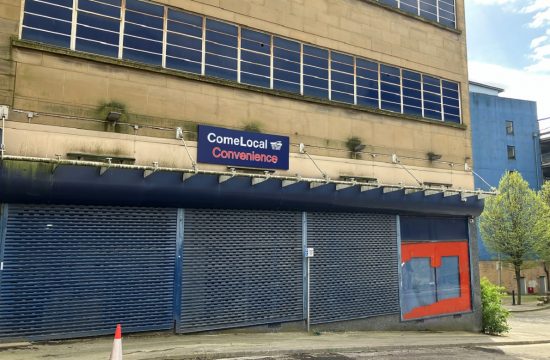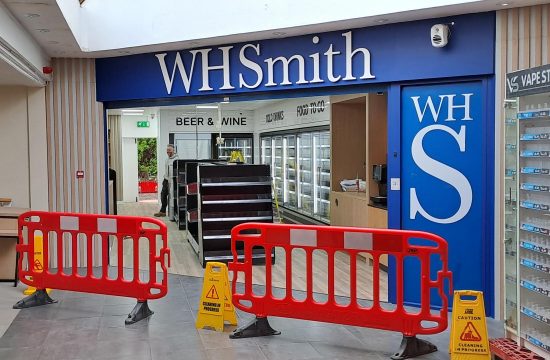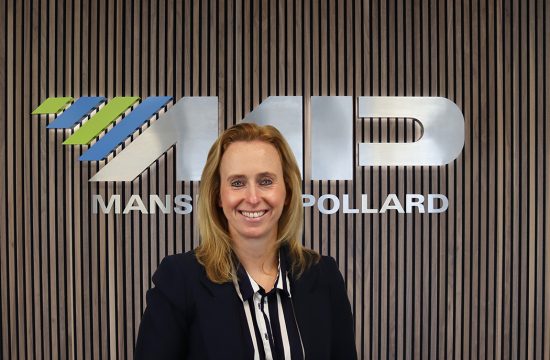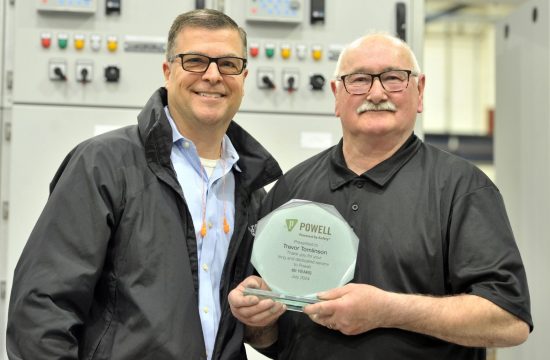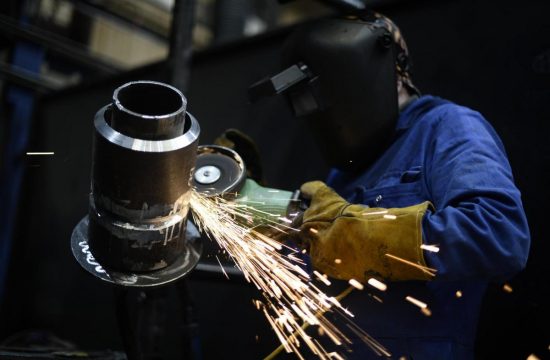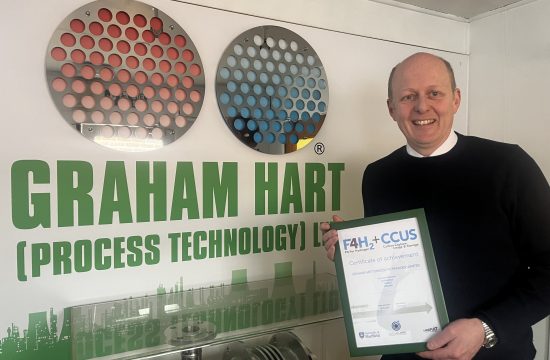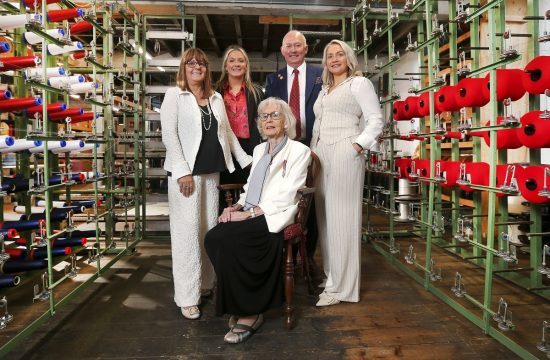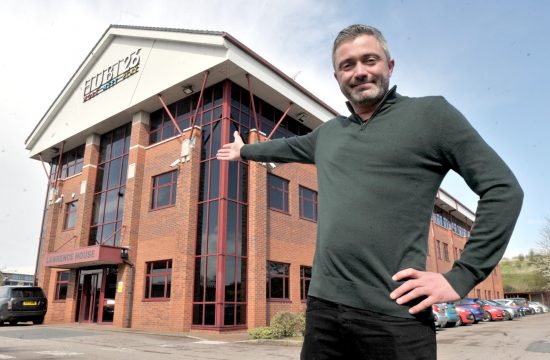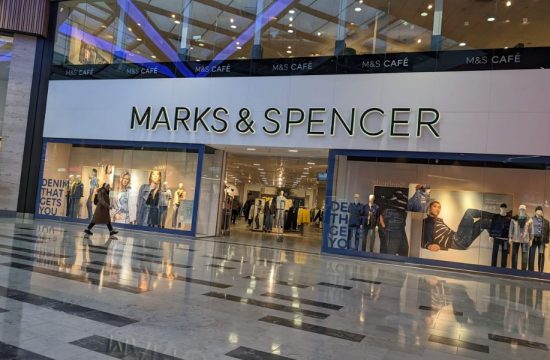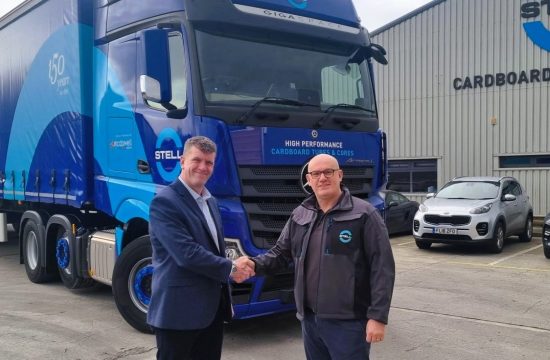Businesses in West Yorkshire could save an average of more than £9,000 on their energy bills thanks to a carbon cutting scheme from the Leeds City Region Enterprise Partnership (the LEP), backed by the Mayor of West Yorkshire, Tracy Brabin.
Delivering on the Mayor’s pledges to support local businesses and tackle the climate emergency, the Resource Efficient Business (REBiz) programme offers free energy efficiency audits, consultancy advice and grant funding to help small and medium-sized enterprises improve resource efficiency, reduce energy bills and minimise their environmental impact.
Last year the project helped businesses in West Yorkshire to save an average of £9,689 on annual energy bills and reduce their carbon emissions by 26 tonnes.
A total of 27 grants, worth over £276,000, were issued to assist with the installation of energy-saving equipment including lighting, insulation and heating upgrades.
Excellent Relax, a Batley-based manufacturer, is forecast to save over £17,000 per year on energy bills after receiving support from the project. An audit and grant funding helped the business identify inefficiencies and install a new heating system and compressor that will reduce their carbon emissions by an estimated 62.32 tonnes per year.
Commenting on the support, Azeez Akudi, Operations Director of Excellent Relax said:
“Without the LEP’s support, the business would not have had the understanding or the funds to invest in the new equipment.
“The entire process has been straightforward and our LEP account manager was always there to help and guide us through the project.
“The upgrades have made a significant difference to our energy bills and carbon emissions, and we’re now keen to explore the benefits of solar panel installation.”
Businesses can also benefit from up to 30 days of free consultancy to identify and implement schemes to reduce waste, cut costs and develop sustainable products and services.
A local packaging manufacturer accessed support from the LEP to overcome supply chain disruptions caused by the COVID-19 pandemic. Using circular economy principles, the business now returns cardboard packaging from its clients directly into its supply chain, reducing the need for raw materials from external suppliers.
Sir Roger Marsh OBE, DL Chair of the Leeds City Region Enterprise Partnership and NPII said:
“I am delighted that through the LEP, we are continuing to prioritise sustainable growth support for businesses and helping them to prepare for a net zero future.
“Our resource efficiency support is a brilliant opportunity for businesses to benefit from expert advice to reduce their impact on the environment.
“I’d encourage all eligible businesses to get in touch and apply for a free consultation to find out how they can reduce costs and develop more sustainable products and services.”
The Mayor of West Yorkshire, Tracy Brabin, said:
“In West Yorkshire, we’re working towards creating a net zero carbon economy by 2038 at the latest. To help meet this goal, we’re providing flexible support that allows SMEs to decarbonise and enhance their competitiveness.
“Creating a clean, safe and inclusive economy, as we recover and move beyond COVID-19, creates significant opportunities for firms, investors and innovators to shape the new economy of West Yorkshire.”
To access free support for your business, visit the-lep.com/business-support/sustainability/rebiz/

Effective energy management for business
Effective energy management is a key part of managing your business and can help you to cut energy waste and reduce cost. By metering and monitoring energy use you will be able to quantify the energy savings that you achieve over time and support energy efficiency investment projects with reliable data.
Inspire behaviour change in your organisation by creating an energy awareness scheme and encouraging staff to get involved.
Benchmarking energy consumption and tracking usage helps identify ways to improve performance and keep on top of maintenance issues which may not otherwise have been noticed.
Proactively managing energy as a controllable resource can deliver substantial energy cost savings. Regularly reading your energy meters to determine ‘out-of-hours’ usage and tracking energy performance indicators can offer additional savings.
Monthly meter readings are sufficient for most SMEs to track usage and serve as a useful accuracy check of utility bills. Significant changes in energy consumption over comparable periods should be investigated to understand what caused the change. In particular, where energy usage has increased due to nonadherence to procedures, corrective action should be taken e.g. refresher training for staff or displaying of staff awareness posters/stickers to remind them to turn-off lights and equipment when not required.
Good energy management starts with ensuring that your business is buying energy at the best possible price. You should ensure that you always seek competitive quotations ahead of contract renewal dates and never allow contracts to ‘roll-over’ or default to a ‘standard variable tariff’.
- If you’re on a multi-rate tariff, make sure you schedule processes and operations to make best use of the cheaper electricity rates e.g. by charging forklift truck batteries at night and, if on a seasonal time of day tariff, avoid – as far as possible – using electricity during high charging periods e.g. 16:00-19:00 hours, Monday-Friday.
- If you’re on a maximum demand tariff or charged according to your supply capacity, check your bills to ensure your contracted availability isn’t greatly in excess of your maximum demand. Also check your Power Factor; if it’s significantly below 0.95, there may be a business case to update or install new power factor equipment.
Of course, using fossil-fuel based energy has a negative impact on the environment and an increasing number of companies are committing to purchasing green energy as a way of reducing their carbon emissions. Many electricity suppliers offer contracts for guaranteed 100% renewable energy which is one way for businesses to demonstrate they are taking action to reduce their carbon emissions.
Engaging employees on energy use in your organisation can bring multiple benefits:
- Energy savings: A well-designed and implemented behaviour change programme can lead to energy savings of approximately 3-5%. Saving energy saves money and reduces an organisation’s carbon footprint.
- Employee satisfaction: Participation in employee engagement schemes can make employees feel valued. Knowing that their organisation cares about sustainability can improve employee satisfaction and help retain staff.
- Reputation: Taking action on sustainability shows that an organisation cares about the environment. This can improve your brand and help attract potential employees and customers.
There are three key stages to successful employee engagement:
- Research & planning: It is essential to do your research and create a plan of action before launching your engagement activities. Every organisation is different, so you need to understand your company’s needs and abilities in order to engage your employees accordingly.
- Delivery: This is the main stage where the engagement will take place. Throughout this stage you will need to refer back to your plan, but you can update this as you learn what works well and what doesn’t. In practice: You will need to use the right communications channels and target your messages.
- Monitoring: Review awareness following any activity, and always allow room for feedback. Don’t forget to close the feedback loop for staff and let them know the impact of any changes they’ve made. In practice: After the campaign period has passed, you should communicate the results to employees and request feedback.
For more information, visit carbontrust.com




